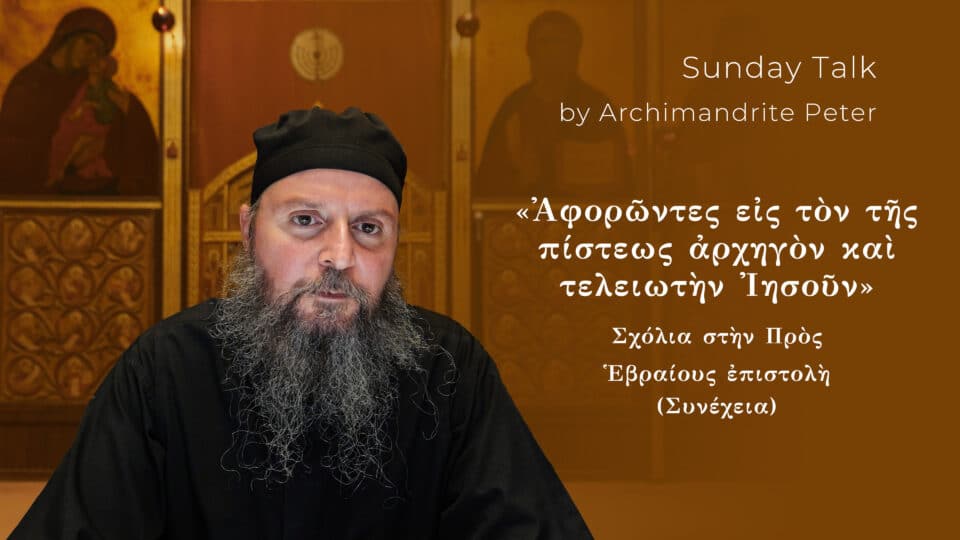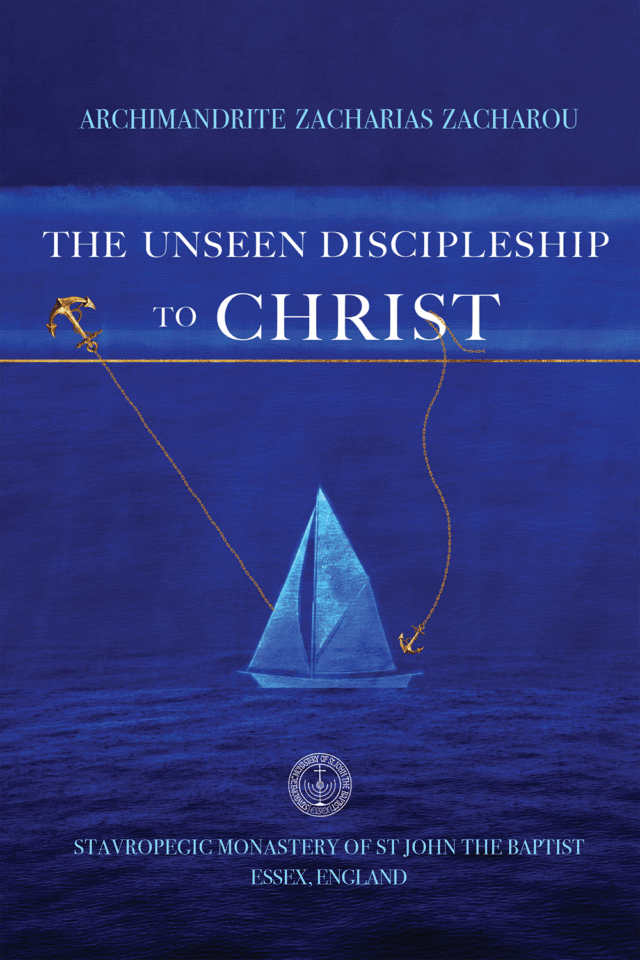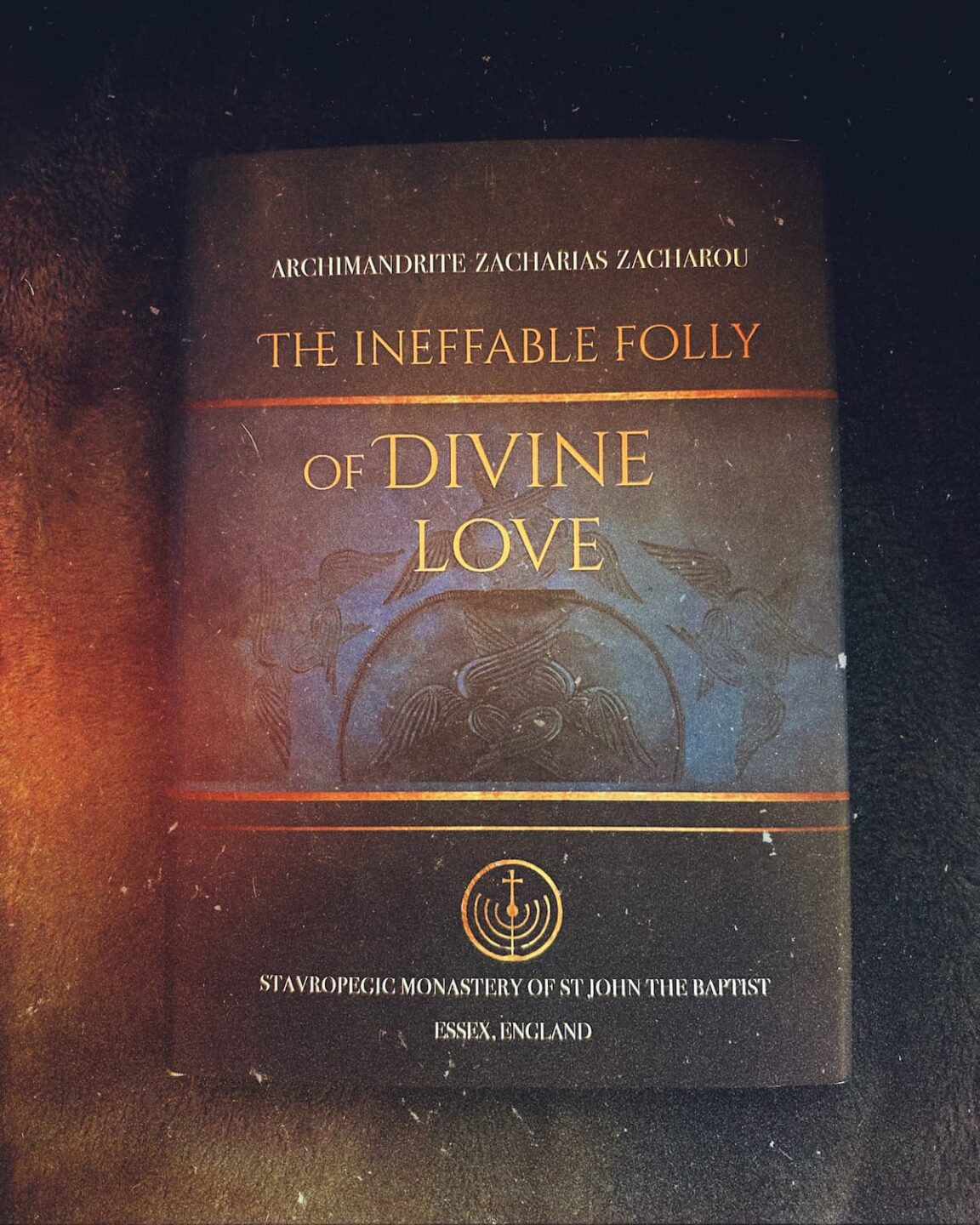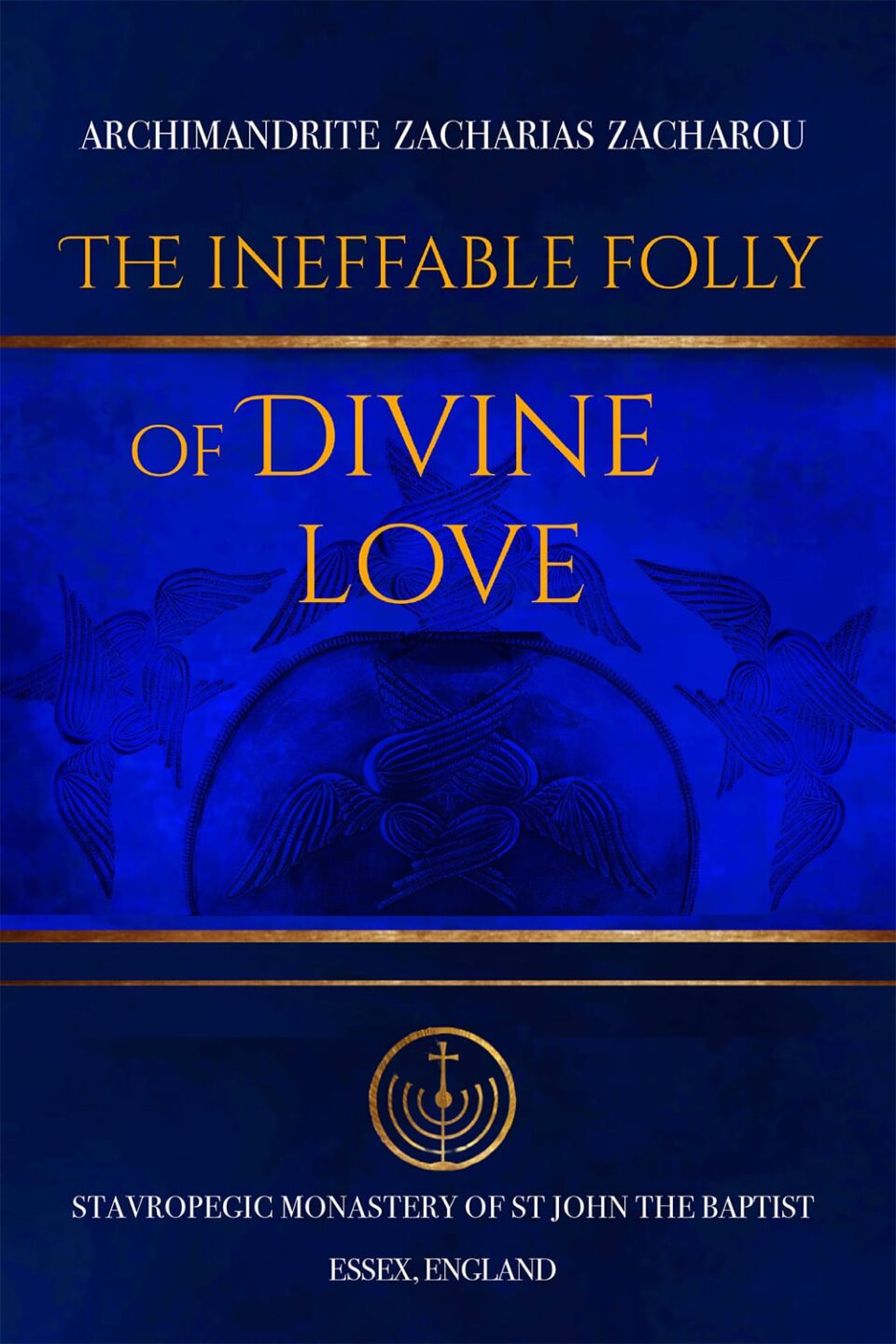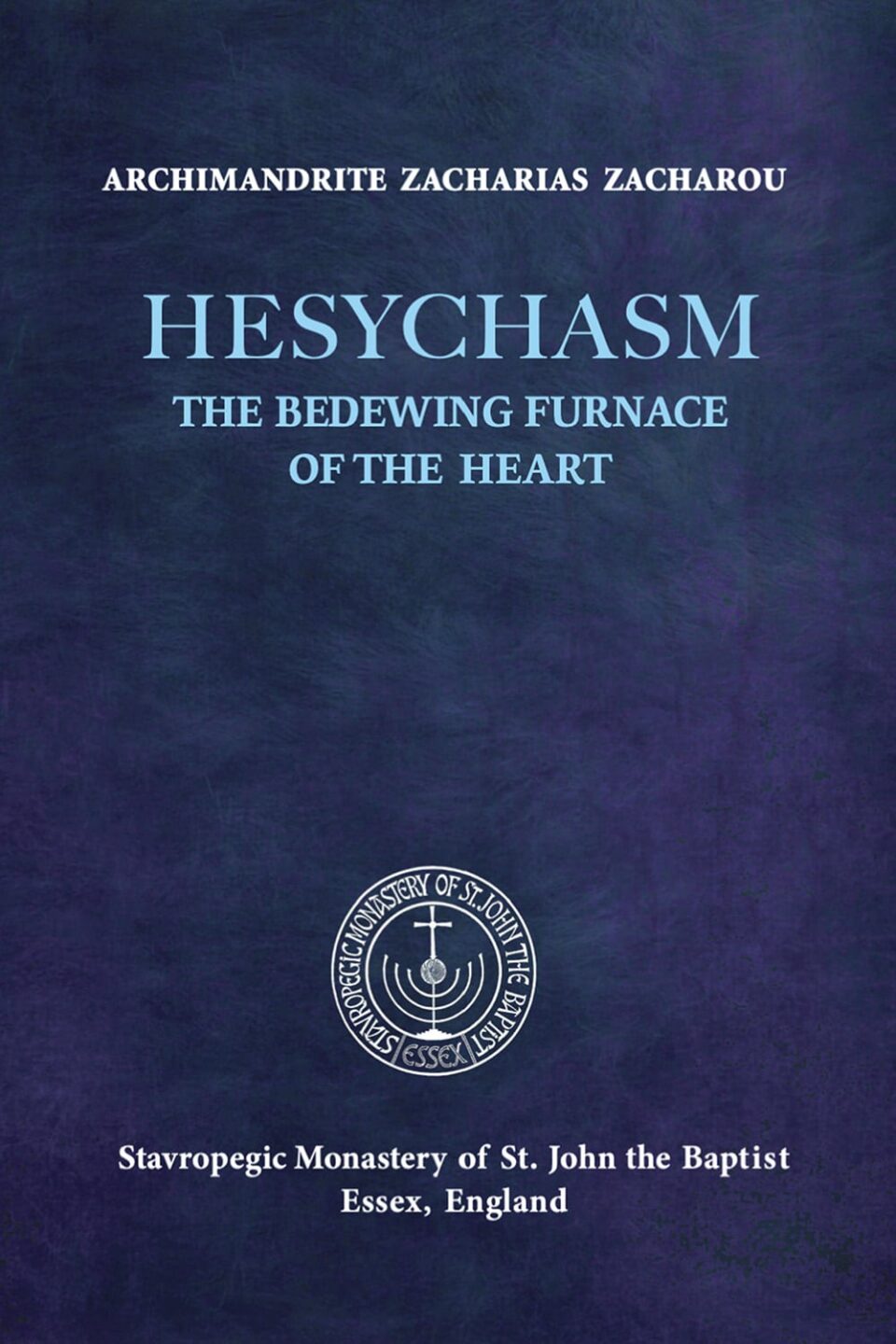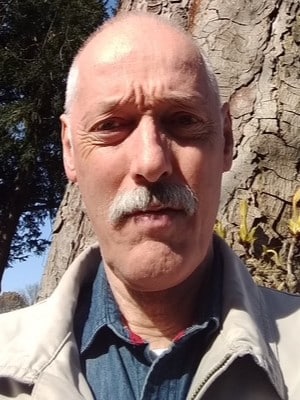Someone says to Jesus in the Gospels, “I believe, help my unbelief.” On the face of it this might seem a slightly odd thing to say. If he believes, why does he need help with his unbelief? It has, I think, to do with the nature of the divine life into which God wills to initiate His creature, man. Father Zacharias writes; “When the saints receive the gift of sanctification … they bear witness to the otherness of divine life, which is incomparable to anything earthly.”1Archimandrite Zacharias, The Ineffable Folly of Divine Love. p.104.
Because divine life is so ‘other’, so entirely unique and incomparable, the realities that belong to it are ‘slippery’ and difficult to keep hold of. Slippery and elusive are not attributes of the divine, but refer rather to the weakness of the human mind not yet trained in how to acquire and ‘keep’ knowledge of God.
The Ineffable Folly of Divine Love
What I need to overcome my weakness, to help my unbelief, is to read and digest the word of a theologian who speaks out of lived experience and Father Zacharias, I find, does this in no uncertain terms. Listen to this;
“The pain (of repentance) reaches the point where the tormented mind falls silent, somewhere beyond time. When we drop out of (this) contemplation we discover in the depths of our hearts new thoughts, not of our devising – notions which anticipate future revelations of God.”2Archimandrite Zacharias, Hesychasm, p. 446. Cf. Archimandrite Sophrony, We Shall See Him as He Is, p. 17.
You read that and think, “Here speaks a man with authority.” Nobody who has not experienced the truth of that, would speak like that. No scientist, philosopher or thinker would say such a thing. It would never enter their heads to do so. As St Paul asks, “Where now are the philosophers of this age?”
The fields of thought that the Holy Spirit opens up to the human mind are rich in paradox, contradiction and antinomy, and the mind is a leading beneficiary of the realms and realities now accessible to us by and in Christ, through the words of proper theologians like Father Zacharias, who themselves are taught by the Holy Spirit. Listen to this;
“Though (the word of Christ) is unapproachable and incomprehensible even to the greatest minds, it is at the same time so simple and transparent that it is within the grasp of little children. It is so close, so profoundly intimate to the human heart, and yet so divine, incomprehensible and supernatural that it surpasses the forces of human nature. It is meek and exerts no violence, but at the same time it is divinely overpowering. It is the word of the undisputed Master of all that exists.”3Archimandrite Zacharias, Hesychasm, p. 24. Cf. Saint Silouan the Athonite, pp. 214-215.
And these, I propose, are the words of an authentic theologian who speaks from experience of the life that is lived ‘somewhere beyond time.’
“Do not despise academic theology, but use it as it should be used, remembering that it is not through academic learning of the discipline of theology, but through life that is without sin, that we will reach that state when man sees God as He is.”4Saint Sophrony, Hearken, My Beloved Brethren, p. 273.
Footnotes
- 1Archimandrite Zacharias, The Ineffable Folly of Divine Love. p.104.
- 2Archimandrite Zacharias, Hesychasm, p. 446. Cf. Archimandrite Sophrony, We Shall See Him as He Is, p. 17.
- 3Archimandrite Zacharias, Hesychasm, p. 24. Cf. Saint Silouan the Athonite, pp. 214-215.
- 4Saint Sophrony, Hearken, My Beloved Brethren, p. 273.
